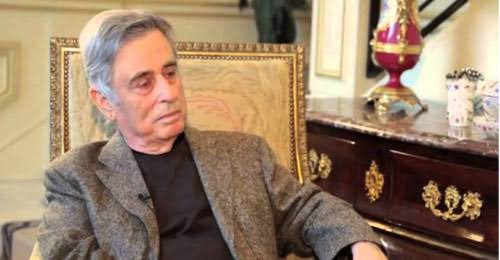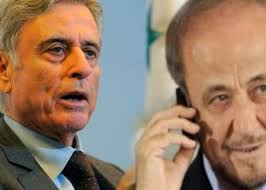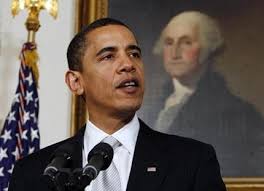Abdul Halem Khaddam stated that the Arab League’s initiatives regarding Syria are heading down a blocked path, despite one of their fundamental aspects maintaining the continuity of the regime. He said, “From my reading of the first and second Arab initiatives, I concluded that this initiative is heading down a blocked path, despite one of its fundamental aspects maintaining the continuity of the regime, and unfortunately, deadlines are being extended.”
Khaddam added, “In the Libyan crisis, ministers hurried to meet and make decisive decisions, including revoking the legitimacy of the regime and depriving it of membership in the League. The most important decision was to refer the file to the Security Council, demanding in their resolution to take measures to protect the Libyan people from the crimes committed by Gaddafi. Meanwhile, in the Syrian case, Arab silence continued for eight months, and after these eight months, the council held a meeting resulting in the first initiative, which failed. Then the second initiative was put forward, and both initiatives did not rise to the level of the initiative regarding Libya.”
He considered the Iraqi initiative presented to the Arab League to be an Iranian initiative and stated that Iraqi Prime Minister Nouri al-Maliki is “unqualified” for any initiative.
During private statements via email, Khaddam said that the international community bears the responsibility for its hesitation in deciding to use military force to rescue the Syrian people. At the same time, he called on the Arab League to decide on the overthrow of the Syrian regime and to refer the issue to the Security Council.
Regarding military intervention, Khaddam said, “Military intervention in Syria could happen similar to what occurred in Yugoslavia and Ivory Coast.”
Khaddam believes that Arab sanctions against Syria are temporary, while the impact of international sanctions is clear. He pointed out that Syrians are awaiting decisive decisions from the Gulf summit scheduled for today.
Speaking about the opposition, he sent a message to them, saying, “I say to the Syrian opposition that there is a difference between overthrowing the regime and overthrowing the state.” He added that the major flaw in the Syrian opposition lies in its divisions and the obstinacy of its factions, which will encourage the military to regain power.
Khaddam said, “I would like to distinguish between the Russian and Chinese positions. The Russian position stems from an alliance between Moscow and Tehran, aiming to control the region and expel the West from it. Meanwhile, the Chinese position is linked to some interests with Iran, and therefore this position can change, especially as we see China shutting down the activities of a Chinese company involved in oil exploration in Syria.”
However, in the event of the persistence of these two countries in their positions, any international group can work outside the Security Council and, in accordance with the UN Charter and human rights law, form an international coalition and decide to use military force to suppress the ruling regime in Syria, considering it outside international law, as was done in Yugoslavia, Rwanda, and Ivory Coast.
Khaddam considered the major flaw in the Syrian opposition to be its divisions and the obstinacy of its factions in accepting the other and seeking common ground. He emphasized the need for all Syrians, especially the opposition, to unify their vision, set aside their political backgrounds, and have one common goal: to save the Syrian people and secure a safe transitional period for elections. Then, let those aspiring to power compete, and whoever the people choose, we should all support and endorse.



